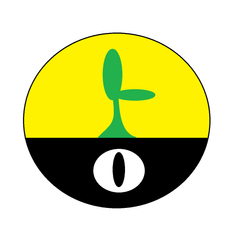Development
Owned by Jermaine Alls
Thoughts:1. Use netcat to transfer config fies quickly to from Branch to Root boxes and vice versa Left for posterity. Info will be passed via API now.
Videos
Pictures

|
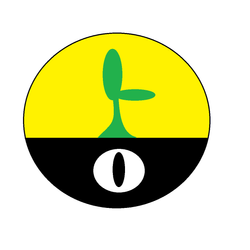
|
|
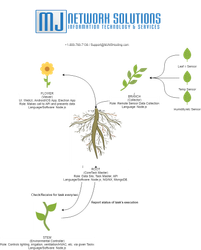
|
|
|
|
|
draw.io preview
|
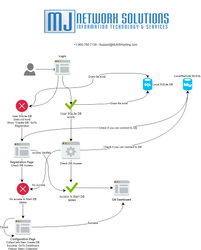
|
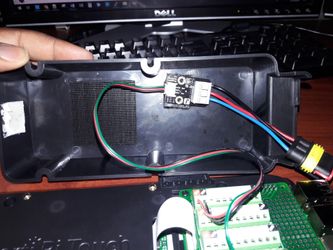
|
.jpg?api=v2)
|
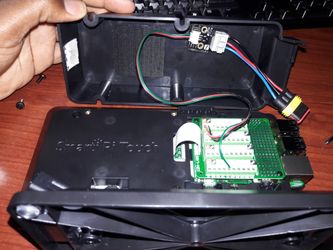
|
|
draw.io preview
|
|
|
|
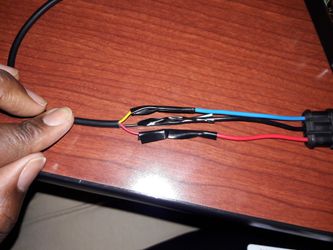
|
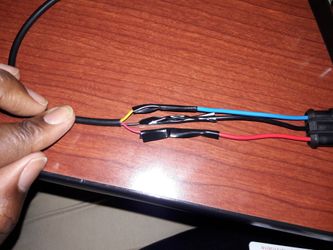
|
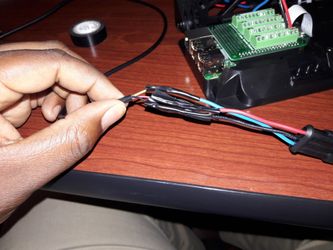
|
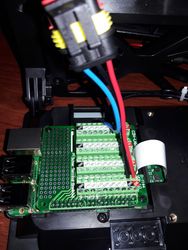
|
|
|
|
|
|
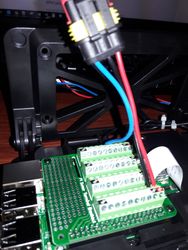
|
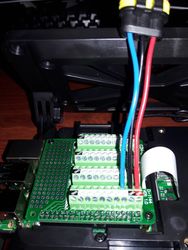
|
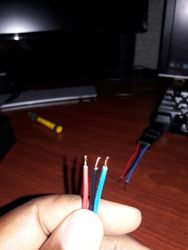
|
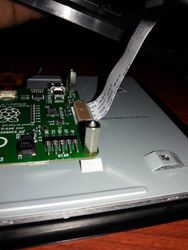
|
|
|
|
|
|
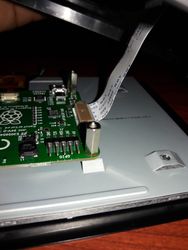
|
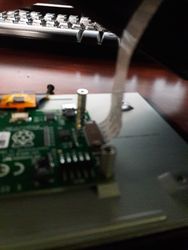
|
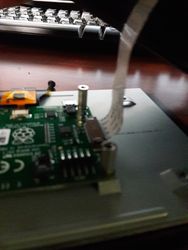
|
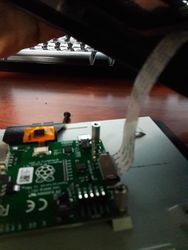
|
|
|
|
|
|
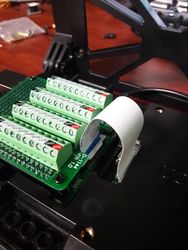
|
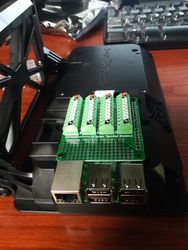
|
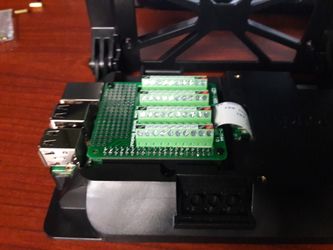
|
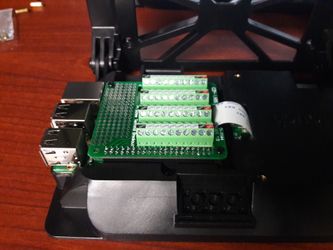
|
|
|
|
|
|
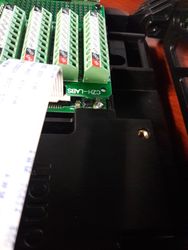
|
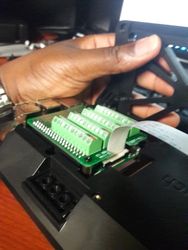
|
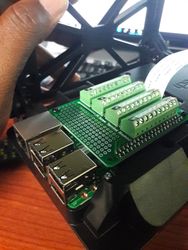
|
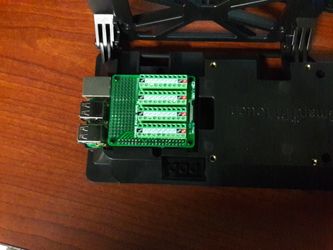
|
|
|
|
|
|
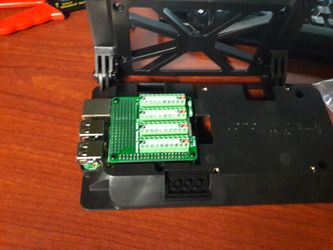
|
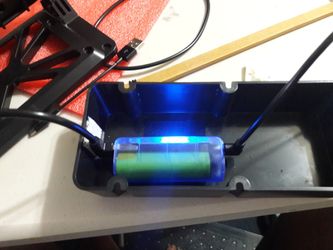
|
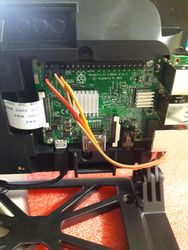
|
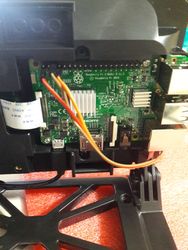
|
|
|
|
|
|
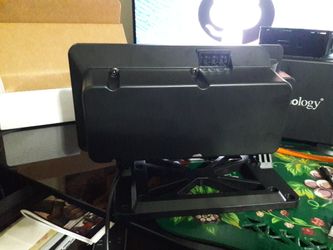
|
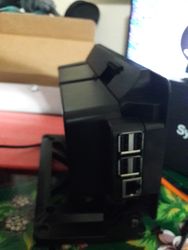
|
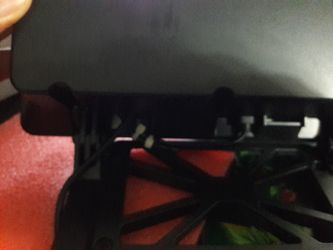
|
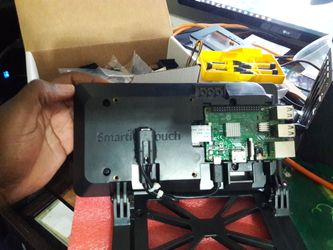
|
|
|
|
|
|
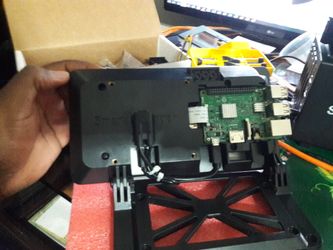
|
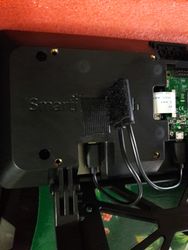
|
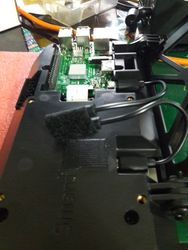
|
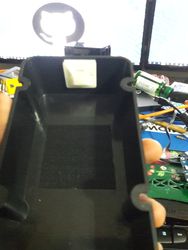
|
|
|
|
|
|
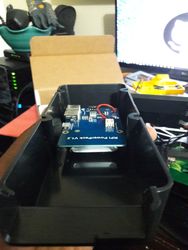
|
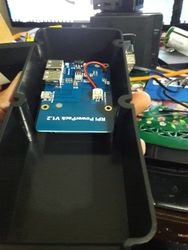
|
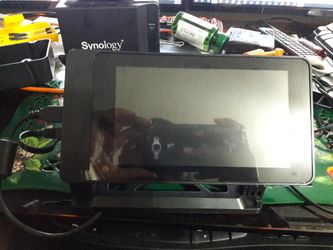
|
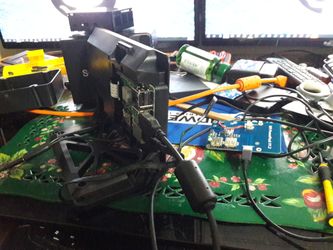
|
|
|
|
|
|
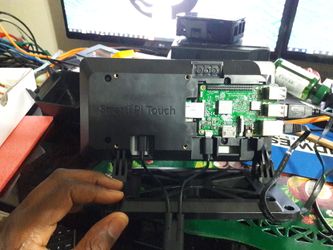
|
|||
|
|
Database Planning:
Click here to expand...
Collection: System
{
"_id" : <auto gen>
}
Collection: Container
/*
Notes:
- Do I want to see the overall temp for each container? This could be stored
somewhere else and this collection is only for reading. I can calculate this
based on sensor data from all the branches in that container.
- All calculations will be done using the metric system.
*/
{
"creationDate" : "stored in time since epoch",
"containerId" : "container-<random string>",
"name" : "",
"description" : "",
"notes" : "<may store HTML code that will be displayed when queried>",
"log" : "<a list of events that have been entered....should this be an array
or a huge glob of data?>" <--array would be cleaner,
"dimensions" : "container/box/shed/etc in cubic ft/meters",
"physicalLocation" : "",
"size" : "<text entry (40ft container/customer box 5ftx5ftx2ft/etc)>",
"cropType" : ["kale", "sprouts", "lemon grass"],
"devices" : {
"branch" : [branchId-<random>, branchId-<random>],
"stem" : [stemId-<random>, stemId-<random>],
"flower" : [flowerId-<random>]
}
}
Collection: Branch
/*
Notes:
- Sensors all should have their own unique ID that is hard coded in them. Also
one will be applied to them as well.
- under db.branch.sensors.leaf-id - The leaf id will be its UID because I dont
trust that the sensors will always have a different hardwareId....we will see.
*/
{
"creationDate" : "stored in time since epoch",
"branchId" : "branch-<random string>",
"containerId" : "container-<random string>",
"networkSwitch" : "container-xSw0",
"networkSwitchPort" : "Gi0/1",
"ipAddressV4" : "",
"ipAddressV6" : "",
"operatingSystem" : "",
"hardware" : "raspberry pi/etc",
"status" : "<active/inactive>" maybe based this off last data collection may
not even use it and just use last check in then the UI"s logic
determines if it is an issue...ehhh a later improvement. ,
"lastWrite" : "time in epoch",
"name" : "",
"description" : "",
"notes" : "<may store HTML code that will be displayed when queried>",
"log" : "<a list of events that have been entered....should this be an array
or a huge glob of data?>" <--array would be cleaner and easier to
query using pagination.,
"physicalLocation" : "",
"sensors" : {
"leaf-<random string>" : {
"hardwareId" : "28-011830a09cf2",
"type" : <temperature/moisture/humidity>,
"model" : "DHT22",
"notes" : "? might not need. but we will see."
},
"powerSource" : "PoE/Power Adapter",
"battery" : "true/false",
"speaker" : "true/false",
"fans" : "true/false"
}
Collection: Stem
/*
Notes:
- How to count the amount of subdocuments. Might be the $size operator.
https://docs.mongodb.com/manual/reference/operator/aggregation/size/index.html
*/
{
"creation_date" : "stored in time since epoch",
"stemId" : "stem-<random string>",
"containerId" : "container-<random string>",
"networkSwitch" : "container-xSw0",
"networkSwitch_port" : "Gi0/1",
"ipAddressV4" : "",
"ipAddressV6" : "",
"operatingSystem" : "",
"hardware" : "raspberry pi/etc",
"status" : "<active/inactive> maybe based this off last data collection may not even use it and just use last check in then the UIs logic determines if it is an issue...ehhh a later improvement.",
"lastWrite" : "time in epoch",
"name" : "",
"description" : "",
"notes" : "<may store HTML code that will be displayed when queried>",
"log" : "<a list of events that have been entered....should this be an array or a huge glob of data?> <--array would be cleaner and easier to query using pagination.",
"physicalLocation" : "",
"sensors" : {
"leaf-<random string>" : {
"hardwareId" : "28-011830a09cf2",
"type" : "<temperature/moisture/humidity>",
"model" : "DHT22",
"notes" : "? might not need. but we will see."
}
},
"relay" : {
"1" : {
"gpioNumber" : 5,
"gpioPin" : 29,
"connected_device" : "<intake fan>"
},
"2" : {
"gpioNumber" : 6,
"gpioPin" : 31,
"connected_device" : "<exhaust fan>"
},
"3" : {
"gpioNumber" : 12,
"gpioPin" : 32,
"connected_device" : "<light column1_row0_etc/water pump 2/heater 3>"
}
},
"powerSource" : "PoE/Power Adapter",
"battery" : "true/false",
"speaker" : "true/false",
"fans" : "true/false"
}
Collection: Flower
{
"_id" : "<auto gen>"
}
Collection: Tasks
{
"_id" : <auto gen>
}
Collection: Sensor Data
{
"_id" : "<auto gen>"
"deviceId" : "from device config file",
"containerId" : "from device config file",
"sensorId" : "<sensor unique serial or ID>",
"sensorDesc" : "Name or short description of sensor - Tray 1A Soil Temp"
"readingType" : "<temperature/humidity/moisture/waterlevel/gas/airpressur/rain/motion/waterflow>",
"readingRaw" : "parsed from /sys/bus/w1/devices/<sensor serial or ID>",
"timeStamp" : "generated by the server upon entry in epoch"
}
Sensors: https://tutorials-raspberrypi.com/raspberry-pi-sensors-overview-50-important-components/
Collection: Notifications
{
"_id" : <auto gen>
}
Login Flow:
Task Flow:
Old API Git Repo: GrowBox-Root (Deprecated: 4/3/2019)
Flower:
Images
